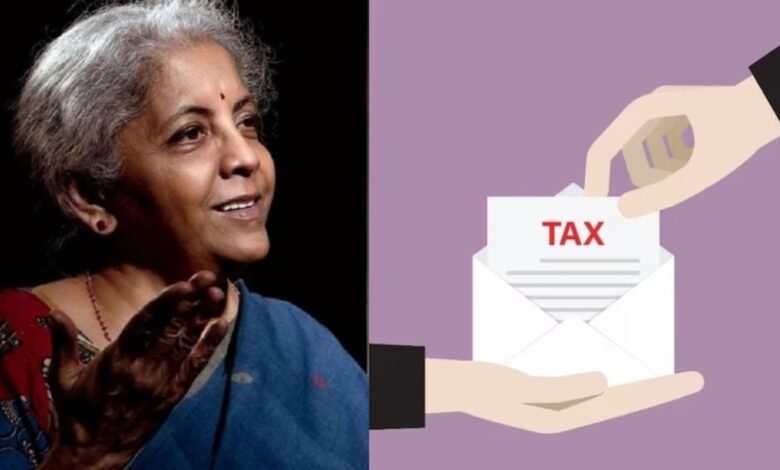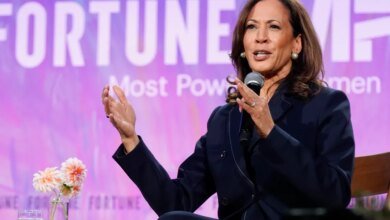Parliamentary Select Committee presents report on Income Tax Bill 2025 to Lok Sabha

Moving forward in the main direct tax reform, the Parliamentary Selection Committee of the Income Tax Bill, 2025, submitted its report to Lok Saaba on Monday, retained the largest provisions of the original draft law. However, more than 285 amendments have suggested to submit some relief to young taxpayers and clarity to the provisions related to charitable entities and non -profit.
Baijayant Panda, Chairman of the chosen committee, presented the report of the chosen committee to Lok sabha. The draft law was introduced in Lok Saaba on February 13 by Federation Minister Nermalla Sitraman and was referred to the chosen committee on the same day. The committee, which includes 31 members of Lok sabha, was assigned to examine the draft law and submit its report by the first day of the seasonal wind session.
The Ministry of Finance will now take recommendations and make appropriate amendments, which are likely to be submitted at the ongoing session. The bill is expected to be approved by both councils in the current session.
Miscellaneous, the report addresses fears of charitable and non -profit entities by recommending clearer definitions, replacing “receipts” with “income” for tax purposes, and restoring the concept of “considered application”.
Accordingly, the committee recommended the Ministry of Finance to reformulate the total total income to the total modified income in item 133 (2) in order to correct the omission that causes an unintended tax commitment. It also recognized a great confusion between non -profit organizations, especially those that have mixed charitable and religious goals, regarding the interpretation of “entirely for charitable or religious purposes in paragraph 332,” This ambiguity may lead to uncertainty in the existing funds and those that were established after 1961, and the increased risk of litigation “, and it was said and said to Redraft in this abstract structure.
The committee also noticed the departure of Item 337 on the income tax law, 1961, by imposing a 30 % tax on unknown donations for all NPOS, with only giving those who are religious. This “religious communication” confidence, an important, exempted category, was deleted under Article 115BBC. “To prevent the burden and support of the Hybrid NPO sector in India, the committee strongly recommended to re -submit a similar ruling to explain the 115bc section, approve of item 337 according to this amendment,” she said in a statement.
Moreover, in a step that can help young taxpayers, the committee noted that the current mandatory condition for providing a return only for the purpose of claiming a recovery can unintentionally lead to prosecution, especially for young taxpayers whose income fell to less than the taxable threshold, but among them taxes were deducted in the source. “In such scenarios, the law should not be forced only to avoid the provisions of the penalties for the lack of coordination,” and pointed to the removal of the sub -paragraph (1) (ninth) of item 263 to provide flexibility to allow the demands of money recovery in cases where the return is not submitted in time.
In a great relief of India, the companies, the committee also recommended a re -amendment of the discount with regard to profit distributions between companies – paragraph 200 opposite Article 115BAA. “The reference to a discount between companies has now been absent in the original draft. This is a useful change and reduces the tax cost of distributing profits to shareholders.”
Moreover, corporate losses are allowed to move forward only as 51 % of the beneficiaries of the beneficiaries of the year in which the loss is incurred. The term “useful owner” now includes an individual who directly or indirectly derives the benefits during the tax year. “This is a new definition,” said Sidhua.
“The committee called for the abolition of the remaining references to the 1961 income tax law to make the new law independent of litigation. “Although the Ministry of Finance has not officially responded to the report, the recommendations clearly reflect a legislative intention to create a direct tax system more coherent, administrative and strong.”
2025-07-21 11:56:00




